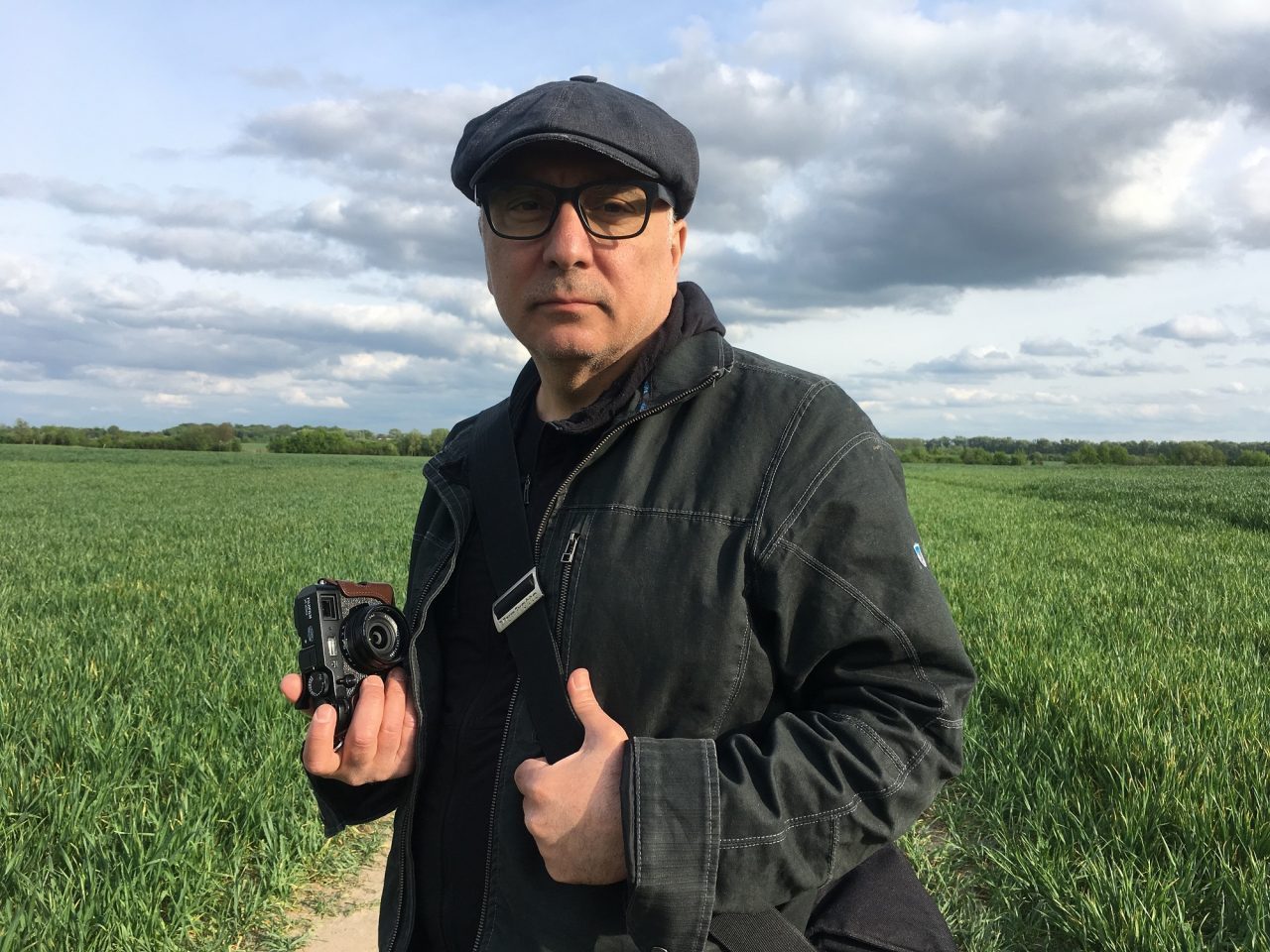Fragments
{{ time.start_TS | TS2dateFormat('MMM') }}
{{ time.start_TS | TS2dateFormat('YYYY') }}
| 8 EUR / 4 EUR reduced |
| English |
| 3rd floor |
| Part of: Objects talk back |
Is there an autonomous republic of art that has survived across time and through many places? Do objects have autonomy? For Objects Talk Back Madeleine Thien and Rawi Hage engage with these questions by examining two objects which came to Berlin via collections from the Turfan expeditions (1902-1914), from the region of the Northern Silk Road (present-day Xinjiang Uyghur Autonomous Region): the fragment of a Manichaean manuscript written in Uyghur and Turkic; and a wall painting of “Three Uyghur Princes“, donors who contributed to the construction of a grotto in the Bezeklik Thousand Buddha Caves.
Together, the writers examine the contained universes of transitory objects. Rather than thinking of histories as something to be controlled or possessed, they invite us to observe the movement, uprooting, displacement, migration, resettlement and flight of objects, within the context of conflicting yet organically connected beliefs.
Madeleine Thien approaches the “Three Uyghur Princes”through fiction, while Rawi Hage responds to the Manichaean manuscript with narrative non-fiction. Both centre the experience of encounter, which – they say – always remakes us.
“It is not their faces I’m painting,” my father said, “but their salvation.” “How can something like that be painted?” “It is the only thing that can be painted.”
I have chosen a fragment, a trace of a lost book, to explore the notion of residue, incompletion, imperfection, excavation; in short what is lost and what little remains.
Born in Vancouver, Madeleine Thien is the author of four books of fiction. Her most recent novels, Do Not Say We Have Nothing (2022) and Dogs at the Perimeter, have focused on art, politics and revolution, in Cambodia and China. She has received Canada’s two highest literary honours, the Giller Prize and the Governor-General’s Literary Award for Fiction, and her work has been shortlisted for The Booker Prize, Women’s Prize for Fiction and The Folio Prize, and translated into more than 25 languages. Her essays and stories have appeared in The New Yorker, The New York Times, The Guardian, Brick, The Sunday Times, The New York Review of Books, Times Literary Supplement, frieze, Granta, and elsewhere.
Born in Beirut, Rawi Hage survived the Lebanese civil war during the 1970s and 1980s and emigrated to Montreal in 1992. His first novel De Niro’s Game (2006) won several awards, among them the prestigious IMPAC Dublin Literary Award. All five of his books have been shortlisted for either the Governor General’s Literary Award, the Giller Prize, or the Rogers Writer’s Trust Fiction Prize: De Niro’s Game, Cockroach (2008), Carnival (2012) Beirut Hellfire Society (2018), and Stray Dogs (2022). He has won the Hugh MacLennan Prize for Fiction twice, and in 2019, he also received the Writer’s Trust Engel/Findley Award, which honours his body of work. His books have been translated into 30 languages.
Priya Basil is an author and activist. In her book Gastfreundschaft she combines stories about her family’s Indian and Kenyan traditions, her British heritage, and life in Germany into a passionate plea for hospitality in Europe. She is co-founder of the Organisation Authors for Peace, a member of the advisory council at the European Centre for Constitutional and Human Rights and initiator of the campaign for an official continent-wide Europe-day holiday. Her book, Im Wir und Jetzt. Feministin werden, was published in German in spring 2021.
